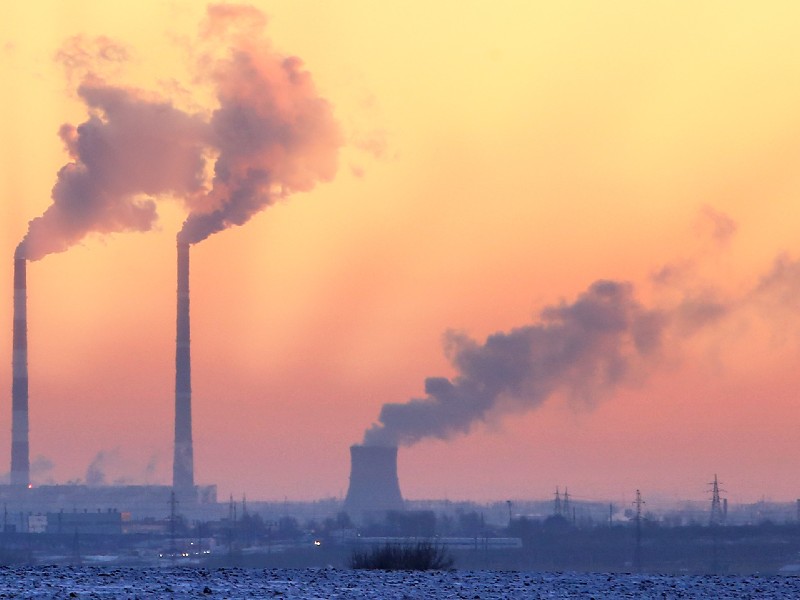
The Ontario Teachers’ Pension Plan has released its first climate change report.
Written following the recommendations of the Financial Stability Board’s task force on climate-related financial disclosure, the report outlined the plan’s governance approach and strategy with regard to climate change.
“Climate change is one of the biggest and most daunting challenges facing the world.” said Barbara Zvan, chief risk and strategy officer at Ontario Teachers’ in a press release. “There are risks to traditional economic and business models associated with the transition to a low-carbon economy, the chronic and acute risks of a warming climate, and the interaction between these forces. Actively managing the related opportunities and risks is central to the plan’s investment strategy and will be a critical factor to our future success.”
Ontario Teachers’ created a low carbon economy transition framework to help it understand the potential impacts of climate change and make more informed decisions, the report noted.
The framework is based around three scenarios for what the future could hold in 2030. “These range from an orderly transition to a low-carbon economy to a middle scenario that extrapolates from current climate policies and actions to a high-carbon world where fossil fuels dominate until drastic and disruptive action is taken,” the report said. “The scenarios are defined by the direction and rates of change in five key catalysts: policy, technology, consumer preference, capital and physical impacts. Each scenario gives rise to very different implications, so we have also identified ‘signposts’ that indicate which scenario the world might be heading to.”
The report then specified short, medium and long-term opportunities, as well as risks.
In the short term, sectors and technology that accelerate the transition to a low-carbon economy are potentially attractive opportunities, the report said, noting examples like energy storage, energy efficiency projects, renewable power, industrial/commercial redesign and retrofit projects and the electrification of transportation.
In the short term, the report noted key risks include policy changes with the goal of reducing carbon emissions, legal action based on perceived failures of companies to handle climate risks, extreme weather events and related physical risks and changing consumer behaviour.
As for policy and legal risks, the upshot for Ontario Teachers’ would be increased costs for companies dealing with the ramifications of those policies, as well as litigation expenses, which could lead to decreased investment returns, the report said. As for physical risks, different extreme weather events have the potential to impact the portfolio in different ways. Hurricanes, for example, have the capacity to harm infrastructure and real estate assets, while agriculture investments are vulnerable to water issues.
Further, consumer behaviour risk could result from large-scale unfavourable views of companies the public see as being contributors to climate change, or laggards where improvements are concerned, which could in turn impact the performance of the plan’s portfolio companies.
Gauging risks and opportunities in the medium and long term is a more difficult task and will depend on the world’s direction and speed, the report said.
It then delineated risks and opportunities for the medium and long-term in both a slower and volatile path to a high-carbon world and a rapid transition to a low-carbon world.
“Our strategic approach is primarily qualitative, using the scenarios and signposts in our [low carbon economy] transition framework to influence behaviour and culture, and help us develop the capabilities to manage climate change implications at both the investment and total portfolio levels,” the report said. “We have processes in place at the individual public and private investment level that include evaluating [environmental, social and governance] risks, and we integrate material climate change considerations across the investment cycle.”
As of the Ontario Teachers’ last climate signpost update at the end of 2018, there was uncertainty about which of the three scenarios the world is trending toward.
“As such, we are building agility and preparedness into our portfolio by introducing the [low carbon economy] transition framework into our thinking to enable quick action as opportunities and risks emerge,” the report said.
